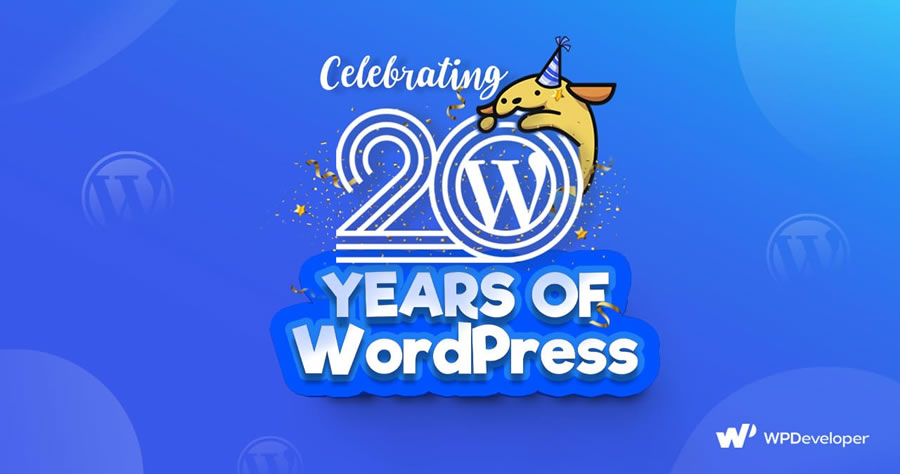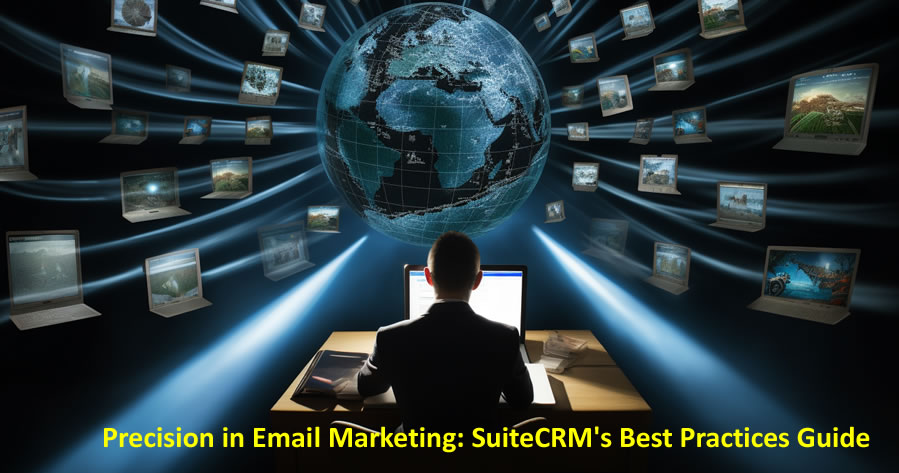In business, there’s a fundamental truth that can never be overstated: the customer is the heartbeat of every venture.
No matter how well a business is managed, no matter the quality of its products or services, without a satisfied and loyal customer base, it’s a ship adrift without a compass. Let’s delve into why the customer is unequivocally the most important aspect of any small business, and why entrepreneurs should wholeheartedly appreciate and prioritize their customers.

The term ‘customer’ may seem commonplace, but its significance often goes overlooked. In a world filled with technological innovations and market complexities, it’s essential to truly understand what this term signifies. The customer is not just an abstract entity; the customer is the lifeblood of any business. Without a customer to appreciate, utilize, and invest in your offerings, even the most impressive business infrastructure is a mere shell.
The phrase “The Customer is King” isn’t just a catchy saying; it’s a profound truth that encapsulates the essence of business success. The sentiment behind this statement emphasizes the immense power that customers hold. It’s they who wield the authority to determine a business’s fate through their purchasing decisions. In essence, they dictate whether the business flourishes or flounders.
Imagine a scenario where an entrepreneur has invested considerable resources into creating a top-notch product, designing a sleek office space, and employing a skilled team. However, if there’s no demand for their product or service, their impressive efforts will be in vain. This is why the customer must be at the center of every business strategy.
The starting point for every aspiring entrepreneur is crystal clear: identify your customer. Understanding your target audience is not just a suggestion; it’s a foundational requirement. Market research, surveys, and analysis are indispensable tools in this endeavor. Who is your ideal customer? What are their preferences, needs, and pain points? Where do they live, work, and spend their time? How do they make purchasing decisions? All these questions pave the path to comprehending your customer’s world.
The story of George, the aspiring entrepreneur who wants to start a janitorial cleaning business, is a prime example of the importance of customer understanding. George’s journey begins with a moment of realization: he must grasp his customer’s desires to succeed. His discovery that local businesses need reliable cleaning services forms the cornerstone of his business plan. Through market research, he identifies his customers as businesses with regular foot traffic, and he recognizes that their need for cleanliness is paramount.
This enlightenment empowers George to tailor his services to exactly what his customers need. By positioning himself as the solution to their problem, he sets the stage for success. His diligent focus on meeting their needs ensures his customers are not only satisfied but also loyal. George doesn’t just clean offices; he creates an environment where workers can thrive, boosting morale and productivity. This symbiotic relationship between George’s understanding of his customer and his business’s success illustrates the power of customer-centricity.
The lesson from George’s journey is a beacon for all entrepreneurs: customer satisfaction is the compass that guides business prosperity. In a world where choices are abundant and attention spans are short, delivering exactly what customers want, how they want it, and when they want it is paramount. An entrepreneur’s success isn’t solely determined by their skills or products; it hinges on their ability to empathize with their customers and provide solutions that genuinely improve their lives.
The customer is not merely a part of the business equation; they are the equation itself. Entrepreneurs who prioritize customer understanding and satisfaction stand the best chance of thriving in the competitive world of small business. No matter how brilliantly a business is conceived or operated, without customers to appreciate and support it, it remains a castle in the air. So, the next time you ponder over the phrase “The Customer is King,” remember that it’s not just a saying; it’s the cornerstone of entrepreneurial success.






